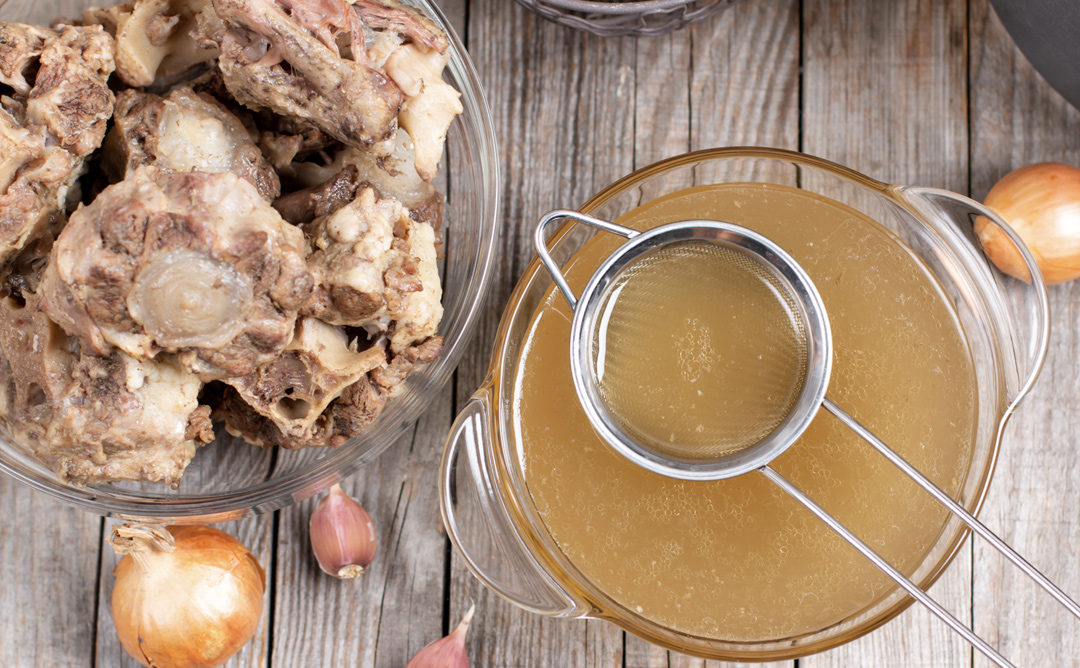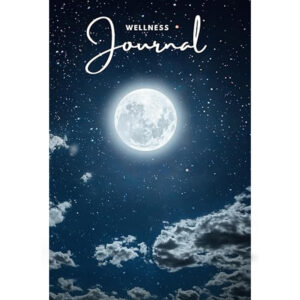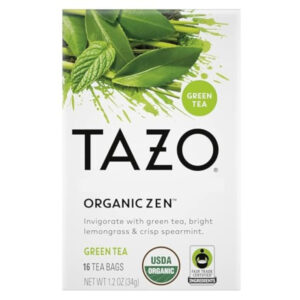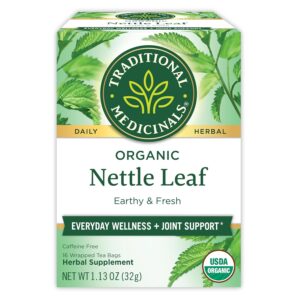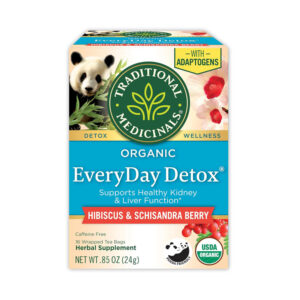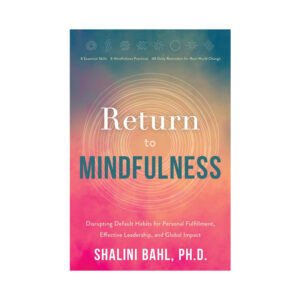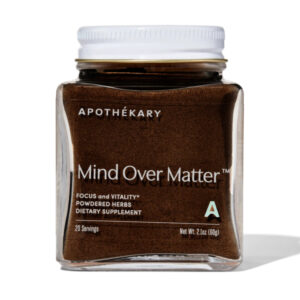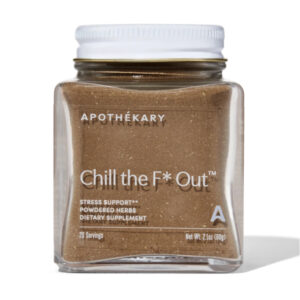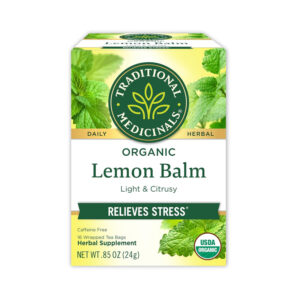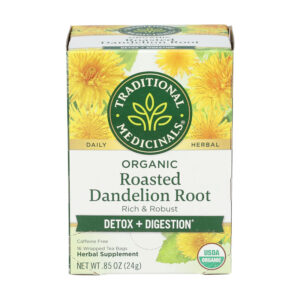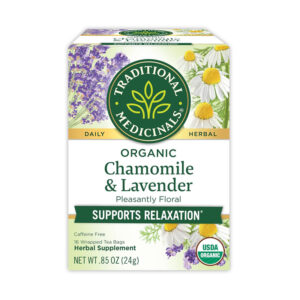
Passionflower vs. Beta-Blockers for Anxiety

In Pursuit of Peace: Passionflower or Beta Blockers?
Anxiety has been a lifelong battle for me, ranging from daily worry to full-blown panic attacks. To manage this, I initially turned to beta-blockers, but unfortunately, I experienced numerous side effects from the medication. Seeking a more natural solution, I explored various holistic approaches, and one that has become a favorite of mine is passionflower, especially in the evening. Passionflower not only alleviates my anxiety but also helps me achieve a restful night’s sleep by quieting the racing thoughts that often accompany bedtime. This natural remedy has been a game-changer, providing relief without the unwanted side effects I encountered with prescription medication. Let’s delve into the differences and benefits of these two approaches.
Beta-Blockers: A Medical Approach
Beta-blockers are medications primarily used to treat conditions like high blood pressure and heart problems. However, they are also prescribed off-label for anxiety because they block the effects of adrenaline, which can help reduce symptoms like rapid heartbeat and trembling. They are fast-acting and can be effective for situational anxiety, such as before a public speaking engagement. Despite their effectiveness, beta-blockers can come with side effects like fatigue, dizziness, and even potential heart complications. Additionally, they are not suitable for everyone and require a prescription from a healthcare provider.
Passionflower: Nature’s Soothing Ally
Passionflower, on the other hand, is a botanical remedy with a long history of use for anxiety and insomnia. It is believed to work by increasing levels of a chemical called gamma-aminobutyric acid (GABA) in the brain, which helps to calm the nervous system. This gentle herb is available in various forms, including teas, tinctures, and supplements. Many people find passionflower to be a calming and non-habit-forming alternative to pharmaceuticals. It is generally well-tolerated, though some individuals may experience mild side effects like drowsiness or an upset stomach.
Choosing the Right Path
When deciding between passionflower and beta-blockers for anxiety, it’s essential to consider your individual needs and preferences. While beta-blockers offer a rapid response for specific situations, passionflower provides a natural, holistic approach that supports overall well-being.
In the pursuit of mental wellness, exploring natural remedies like passionflower can be a positive step towards finding balance and peace of mind. Remember, the path to healing is as unique as you are. My favorite way to consume passionflower is with a tincture from Apothekary. You can find it here: Take the Edge Off
Always consult with a healthcare professional before starting any new treatment regimen, especially if you have underlying health conditions or are taking other medications. They can help you weigh the benefits and risks and guide you towards the best solution for your unique situation.
Join Our Facebook Group
Disclaimer: We are an affiliate of many companies, which means that we may receive a commission if you click on our affiliate link and make a purchase. However, this does not affect our reviews and comparisons. We strive to provide honest opinions and recommendations based on our own experiences and research. Any product claim, statistic, quote, or other representation about a product or service should be verified with the manufacturer, provider, or party in question.




